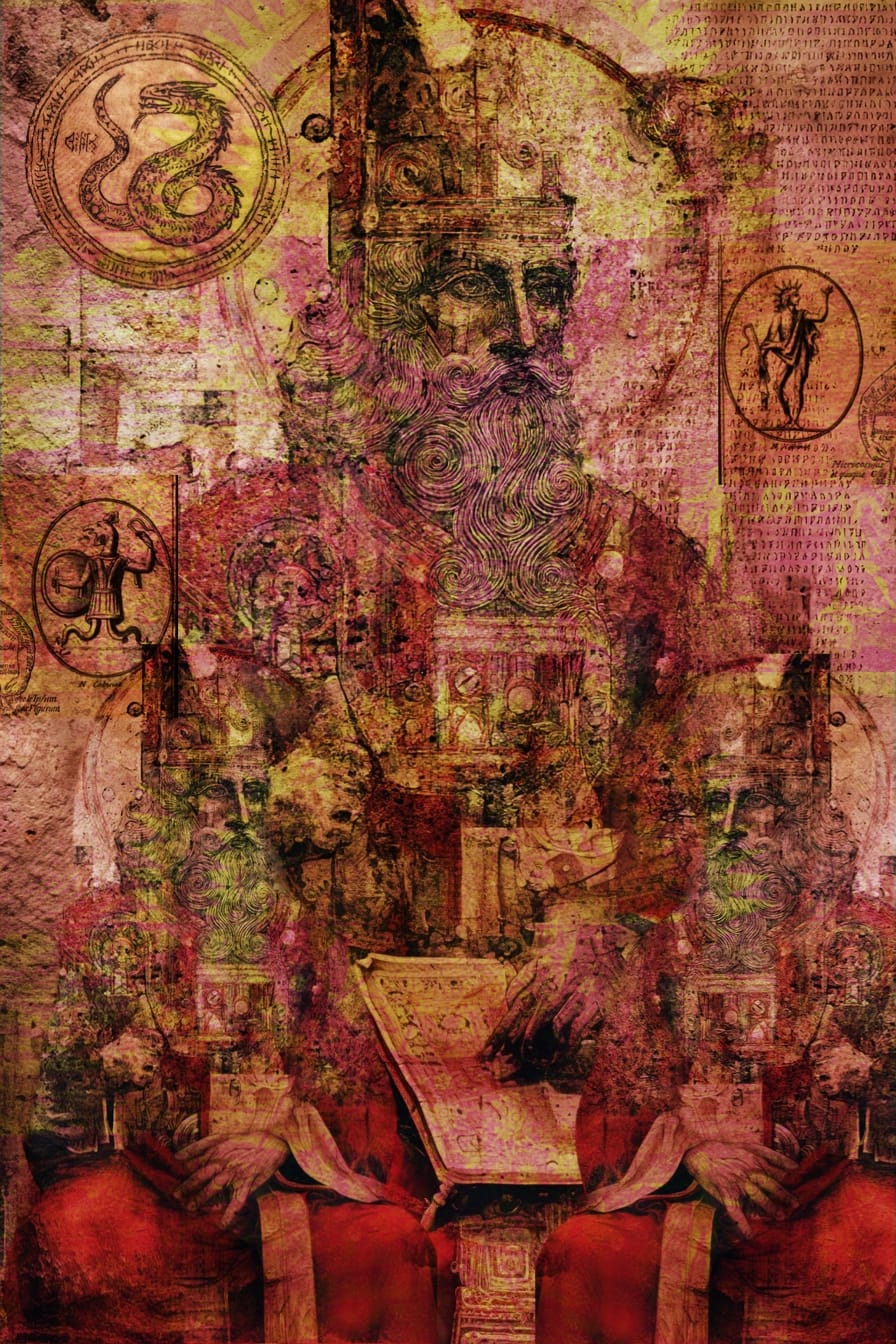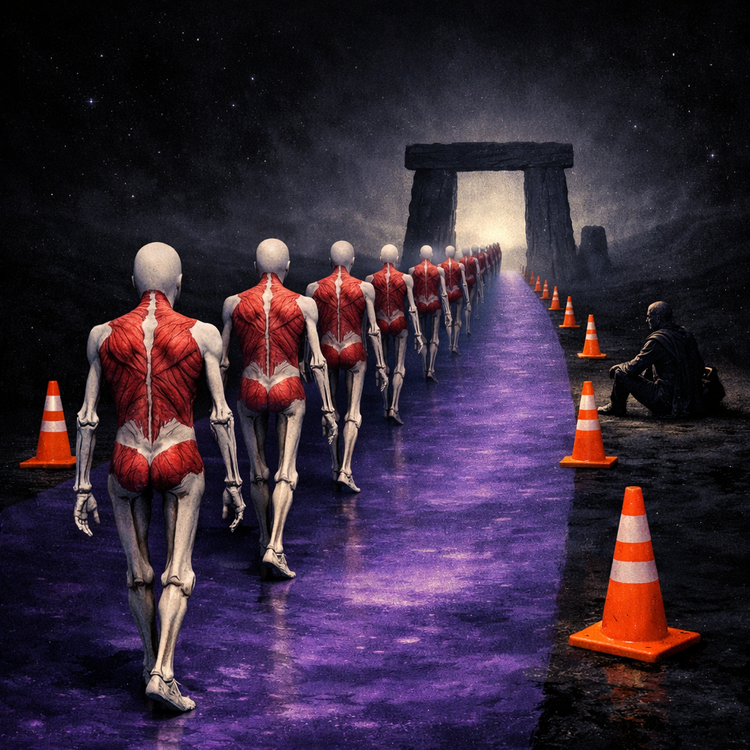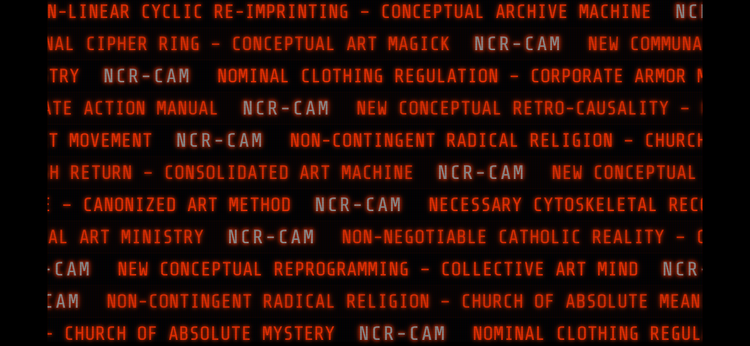Synthetic connections to our past: Gnostic connections colonizing Greek mythology? Israel Palestine and the World

Preserving Life vs. Forcing Future: The Script Stack of Civilization
Thesis: The Israel–Palestine impasse is not only a political struggle—it is a collision between deep civilizational scripts. Every culture toggles between two imperatives: to preserve and to project. These are the operating systems of history itself. One holds memory; the other engineers destiny. Each is a layer in the long “script stack” of human civilization—the recurring rewrite of how we organize meaning, power, and the divine.
The Two Operating Modes
Preserve — keep a people, a law, a memory, a language, a rhythm rooted in land and lineage.
Project — redesign the world toward safety or perfection by changing borders, systems, and narratives.
Both are needed; both turn predatory when monopolized. When preservation hardens into purity, it amputates pluralism. When projection becomes coercive futurism, it treats living people as material for an imagined tomorrow. Civilization decays when it uses the conveniences of barbarity—technology, bureaucracy, faith—to deny others the chance to live within it.
Israel–Palestine in the Stack
Each side performs both verbs while accusing the other of only one.
- For Israelis, preservation is security after dispersion and trauma; projection is a sovereign future guaranteed by strength.
- For Palestinians, preservation is continuity of home and dignity; projection is nationhood in an unbroken land.
The impasse is not just territorial—it is mythic: a struggle between two versions of the same ancient script. Each claims the covenant; each claims the future.
The Deep Current: Who Owns “Truth”
Across the stack—from Sumerian creation tablets to Torah to Quran—the power to name reality has always been the highest authority.
Who decides which version of the story is real?
In the ancient world, gods did; in monotheism, a single God did; in modernity, states and historians do. The conflict repeats the same question: who holds the right to define the beginning, and therefore the end?
The Gnostic Recursion
Gnosticism described reality as broken and ruled by a Demiurge—a craftsman of the visible world who mistakes himself for God. Above him lies hidden perfection, the Pleroma.
Politics often repeats this cosmology: leaders and nations assume the role of Demiurge, claiming to shape order while blind to what they obscure.
When any movement treats its plan as sacred knowledge and its opponents as illusions, it reenacts the Gnostic fall—substituting ideology for reality, purity for empathy.
Docetism denied the body; modern politics denies the civilian. Both erase what is inconveniently real.
The Script Stack Behind It All
- Shamanic Layer — harmony with spirits; wisdom experiential.
- Mythic Layer — many gods embodying natural forces.
- Law Layer — one God, ethics replace ritual.
- Philosophic Layer — reason seeks universal order.
- Technologic Layer — algorithms as new laws of creation.
Israel and Palestine sit at the fault line between layers 3 and 5: the Law trying to preserve itself inside a machine world built to project.
Putin as Global Case: Church as Interface, Future as Script
Putin’s Russia shows the pattern on another frequency. Orthodoxy functions as the sacred interface legitimizing power. The ruler casts himself as guardian of “traditional values,” the Church as cosmic firewall against Western chaos.
This reprises Byzantine symphonia—the throne and altar fused into one circuit. The danger is always the same: when the state claims to channel divine order, dissent becomes blasphemy. The template is universal, transferable, contagious.
Back to the Ground
Negotiations in the Holy Land stall because each side believes it alone safeguards the divine line of the story. Preservation weaponized; projection absolutized. The living trapped between myths.
Real exits are procedural, not mystical:
- Equal civil rights precede territorial fixes.
- Anti-barbarity norms enforced before ideology.
- Shared custodianship of sacred sites and history.
- Economies intertwined enough that war bankrupts elites first.
Boring, practical—therefore the only things that work.
The Human Core: The God Within
Monotheism compressed the entire pantheon into a single moral law and moved the gods inside us. It made understanding something an individual could master without a priesthood of intermediaries.
That gave humanity conscience and autonomy, but also isolation: one God to face, one self to blame. Civilization has never reconciled the liberation of the individual with the loss of the divine chorus.
The Unresolvable Spectrum
History is the oscillation between the Many and the One.
Too many voices, and order dissolves.
Too much unity, and freedom suffocates.
Monotheism gave us interior mastery but erased multiplicity; pluralism revives multiplicity but risks meaninglessness. Every empire, religion, and ideology has been one more rewrite in this recursion.
Closing
You cannot preserve a life by denying another’s, nor design a humane future by treating the present as disposable.
The mature civilization—the next rewrite in our stack—will need to remember all the previous scripts: the pluralism of the pantheon, the conscience of monotheism, and the self-awareness of Gnosis.
Only then can we live as beings who carry the many gods within one mind, without turning that mind into a weapon.






Member discussion